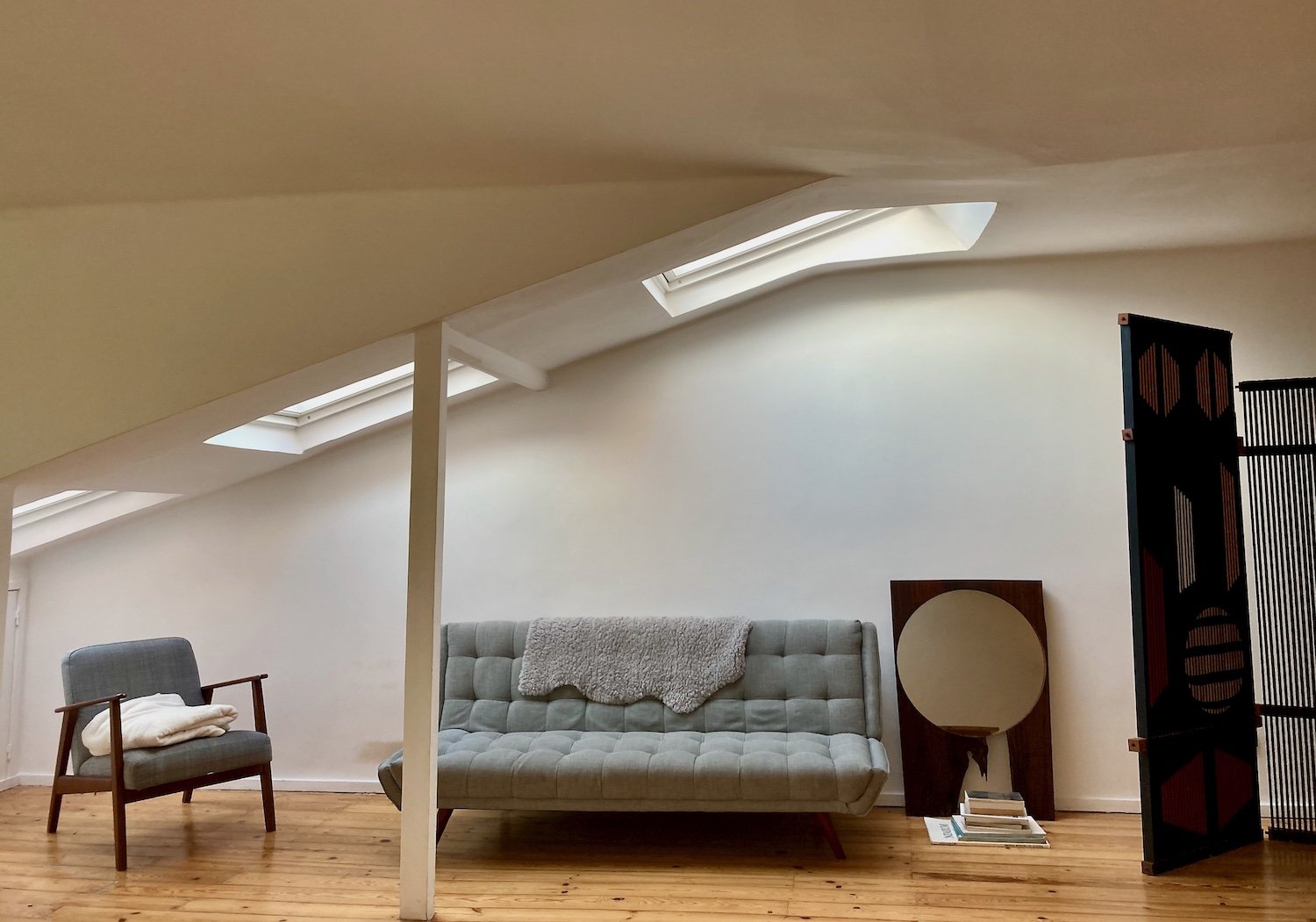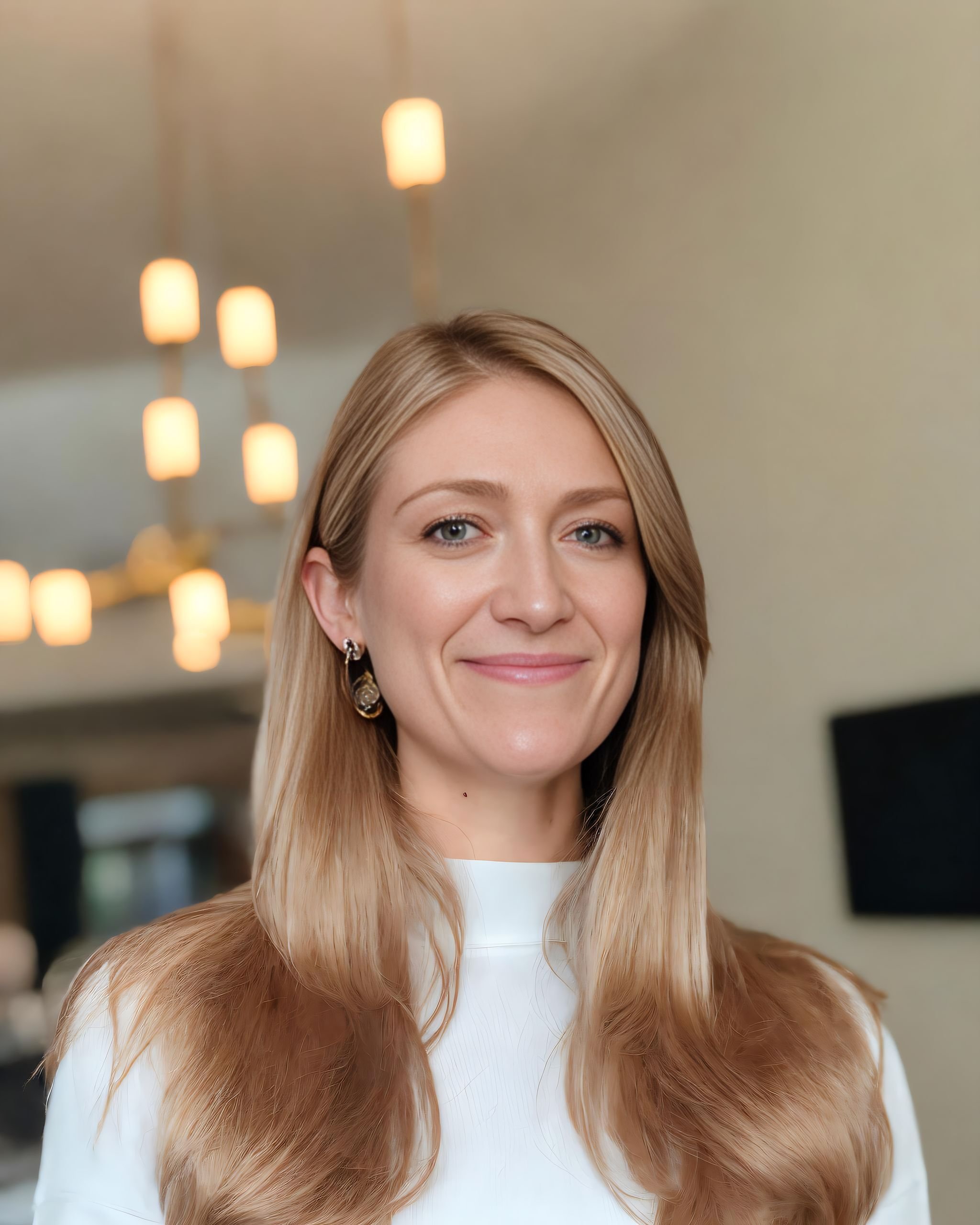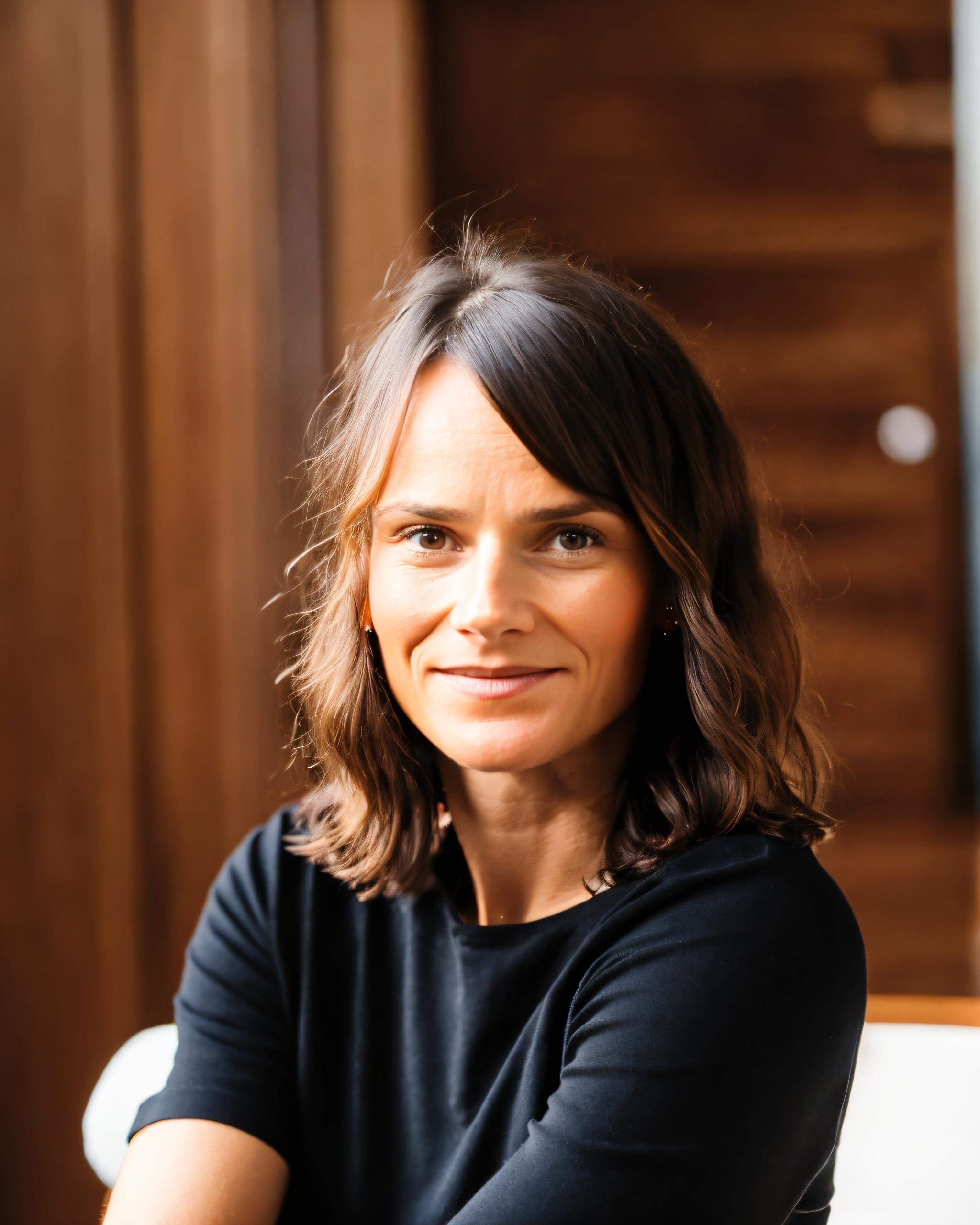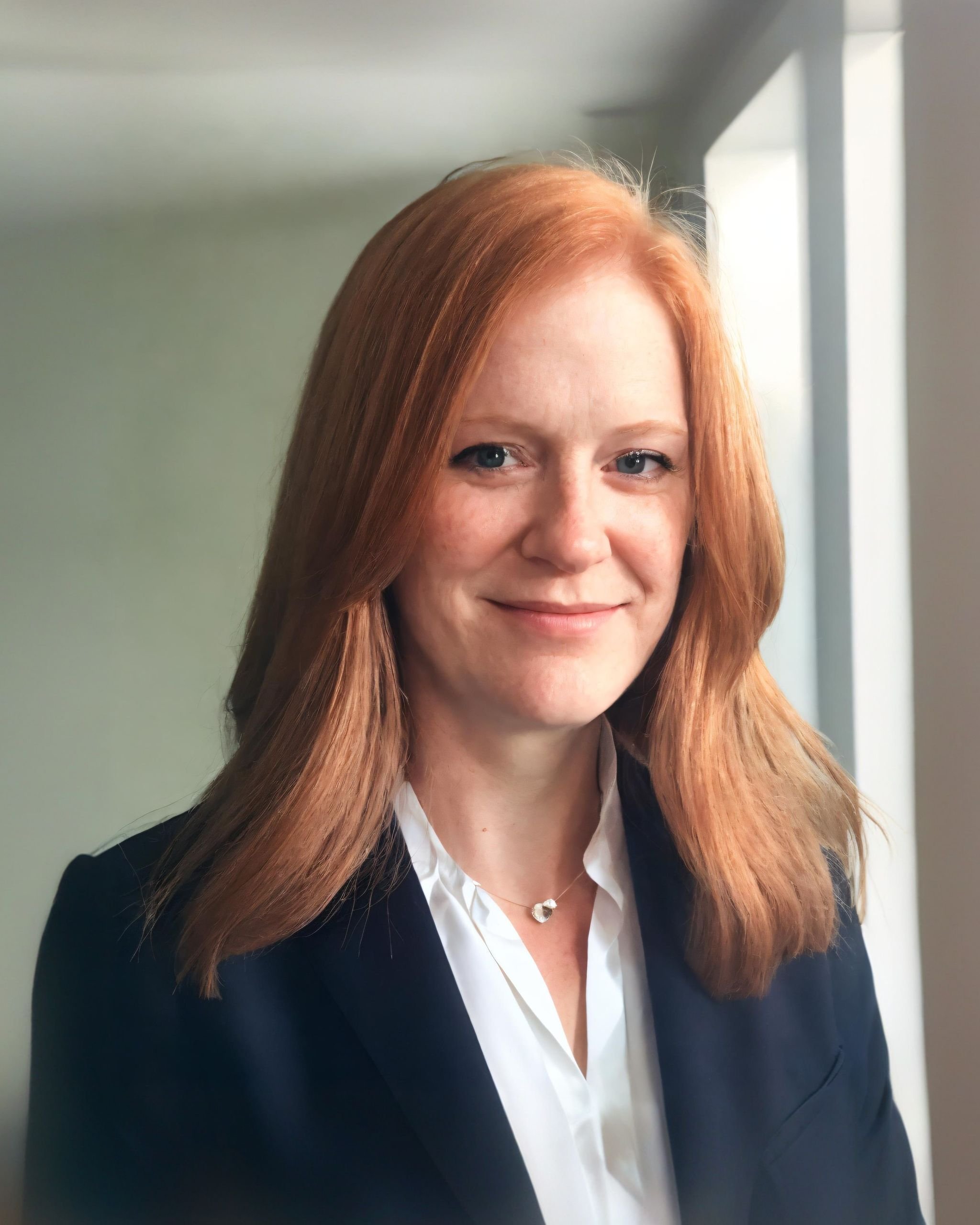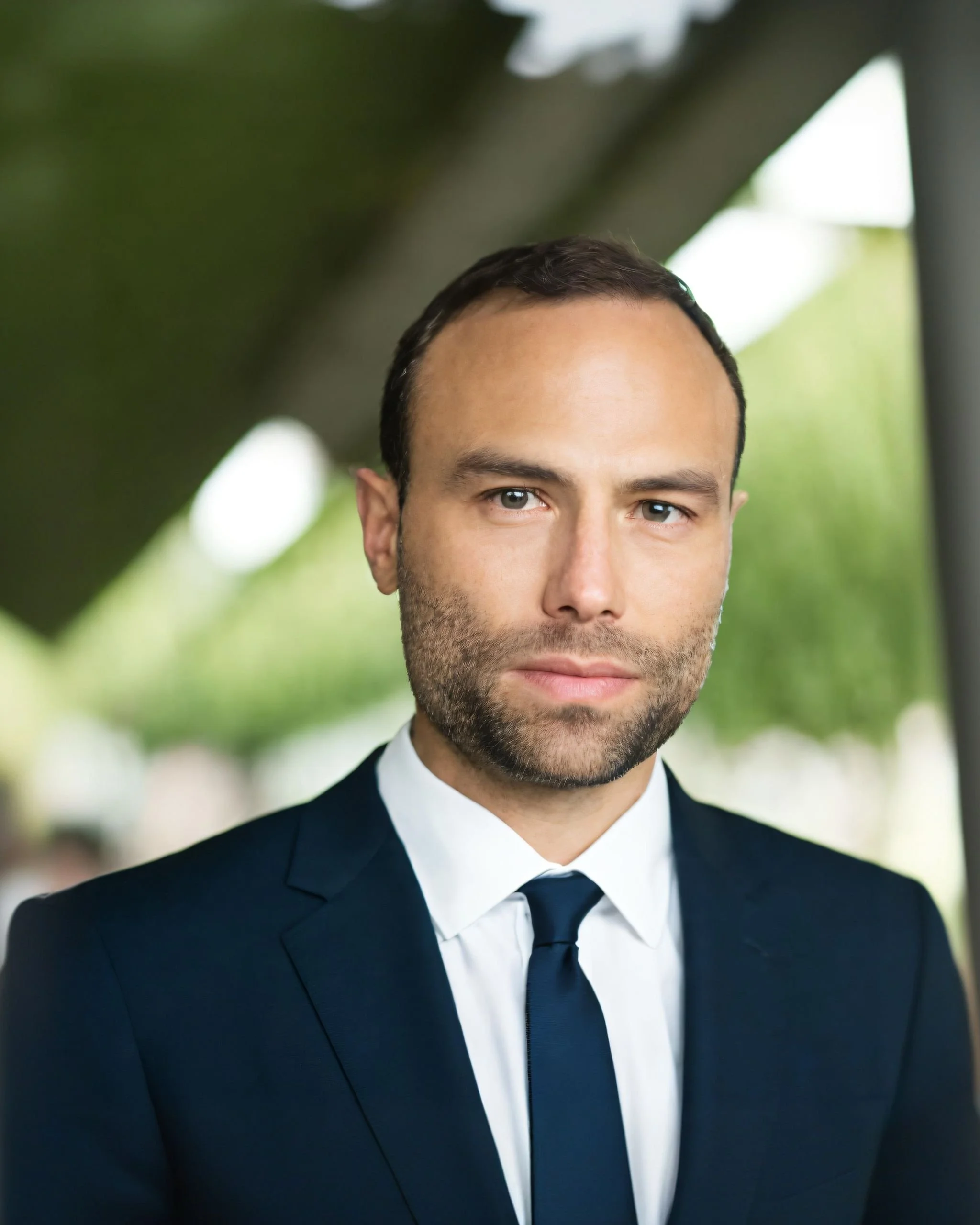Our Recovery Philosophy.
The Principles That Shape Our Model
A deeper way of healing, for women ready for something lasting.
At Ianthe House, we don’t just treat eating disorders — we help women rebuild a life that no longer needs one. Our approach is rooted in long-term support, grounded in lived experience, and shaped by what actually works: safe community, tailored care, and the slow return to self-trust. Recovery here isn’t compliance. It’s reclamation.
Real Relationships, Human Connection
Recovery starts in relationship.
Isolation feeds eating disorders. Belonging truly nourishes. We create spaces where women feel seen, respected, and safe to show up honestly. Over time, this shared safety becomes trust — in others, and in yourself.
Healing Beyond Symptoms
You were never the problem.
Recovery isn’t just about stopping behaviours. It’s about returning to who you really are. We support women to reclaim self-worth, strengthen boundaries, and shift from survival mode into clarity, agency, and alignment.
Long-Term Support
Because healing takes time.
Lasting change is a learnt experience that takes consistent practice, patience, and presence. Our model is built for extended care, through and beyond window of highest relapse risk.
Personalised, Evidence-Based Care
We meet you where you are.
We combine lived-experience with powerful, evidence-based interventions — held in relationship and tailored to your reality. Whatever your recovery needs, our approach is collaborative, never templated.
Social Support Seeking
·
Active Tackling
·
Long-Term Support
·
Wellbeing & Quality of Life
·
Person-Centred Care
·
Integrated Recovery
·
Autonomy and Mastery
·
Relapse Prevention
Social Support Seeking · Active Tackling · Long-Term Support · Wellbeing & Quality of Life · Person-Centred Care · Integrated Recovery · Autonomy and Mastery · Relapse Prevention
“My relationship with food has completely changed. I eat when I’m hungry. Nothing is off limits. I haven’t binged or purged in months. If someone really commits to this programme, I know they will get better.”
Why Community Is the Heart of Recovery.
The Pillars Behind Our Model
Belonging is not a bonus. It’s the foundation.
Research shows that peer support increases engagement and reduces relapse — not just because of what’s said, but because of how it’s held. At Ianthe House, community isn’t background. It’s the container. From Circles to Houses to daily check-ins, our model centres relational healing as the core of what makes recovery possible.
Support & Belonging
You deserve support, even when you doubt it.
Shame and societal expectations of women, both real and internalised, often prevent us from asking for help, whether medical or emotional support. We work to restore that sense of worth — not just through therapy, but through a culture of acceptance and compassion.
Read more → Healing together — how peer support transforms recovery
Autonomy & Mastery
From self-sacrifice to self-sovereignty.
Boundaries. Voice. Self-trust. Many of us end up finding that we need to learn these things, perhaps for the first time. Through validation, reflection, and practice, we grow the capacity to move through life with clarity, self-respect, and a deeper sense of personal freedom.
Read more → Purpose and meaning, the North Star of long term recovery.
Quality of Life & Wellbeing
You don’t have to do it alone.
Recovery asks a lot — emotionally, financially, and over time. But with companionship, every step doesn’t have to feel heavy. Often, it’s in the laughter, the shared ups and downs of daily life, that change starts to feel possible.
Read more → Long-term care for sustainable eating disorder recovery
Recovery in Real Life
Because recovery has to work, for you.
Recovery is something lived — not just around dining tables, but in relationships, routines, responsibilities, and in the slow practice of becoming someone new — someone for whom life no longer requires survival.
Read more → Flexible, Integrated eating disorder recovery at Ianthe House
You don’t have to figure it out alone.
If parts of this feel familiar — if you’re quietly wondering whether this might be for you — you’re welcome to talk it through with someone who understands. No expectations. Just space to share what’s real for you, and hear what’s possible.
👩🏼. Book a call with Antonia →
💌 Send her a WhatsApp →
“The one-to-ones with you are so lovely, and so helpful. You have this chilled, friendly, sisterly way of helping us look at everything — like you’re holding our hands through the process, and that’s so special to me. I love them.”
Our philosophy is rooted in lived experience. Many of our team have walked the same path you’re on. This shared understanding drives our approach to care.
Empathy and insight are woven into every aspect of our programs. You’ll feel truly seen, heard, and supported by people who have faced similar challenges and come out stronger on the other side.
Our lived-experience foundation ensures that Ianthe House is a safe, compassionate environment where are safe to be vulnerable, and receive the help you deserve.
Why Community Is at the Heart of Recovery.
You are never alone in your journey
At Ianthe House, we believe that recovery happens best when we feel connected. Whether through our lived experience team, specialist therapists, recovery mentors, remote Recovery Circles or our peer-supported residential program—Ianthe Houses, community is at the core of our philosophy.
-
We create spaces where women can come together, share their stories, and support one another through the ups and downs of recovery. There is strength in togetherness. Research shows that peer support has a powerful impact on all aspects of recovery, fostering self-worth, resilience and directly impacting both eating disorder symptoms and quality of life.
Grounded in Real Life, Guided by Research.
While our approach is grounded in compassion and connection, it is also informed by the latest research and evidence. We combine proven therapeutic techniques with innovative strategies to deliver the most effective care possible.
We continuously refine our programs based on our own research, ensuring that we always offer the best possible care.
Why We Go Beyond the Symptoms.
Eating disorders are complex, affecting every aspect of your life—physical, emotional, mental, and social. That’s why our programs are built on a holistic model of care, addressing not just the symptoms of your disorder, but the underlying causes and broader impacts.
We believe that true recovery involves healing the whole person. Our approach incorporates a range of therapies—group therapy, one-on-one counselling, nutritional guidance, mindfulness practices, and more—to support your healing from every angle.
Why Long-Term Recovery Requires Long-Term Support.
Research shows that sustained care for at least 12 months significantly reduces the risk of relapse, allowing us to heal deeply and rebuild our lives with confidence, intelligence and authenticity.
Recovery doesn’t stop at Ianthe House. Our programs integrate healing into your every day, supporting you holistically across every aspect of life. Recovery is not just about surviving—it’s about thriving, not in spite of your challenges, but stronger because of them.
We believe in your capacity not just to heal, but build a life filled with meaning, joy, and purpose. We’ll walk beside you on this journey, offering the tools, guidance, and community you need to make lasting changes.
Want to talk through what this could look like for you?
If you’re wondering how this could apply to your life, or just want to talk things through, you’re always welcome to connect with us over a phone call. We’ll hold space for whatever’s on your mind, answer your questions, and help you explore what kind of support might feel right. No pressure. Just a real, human conversation.


